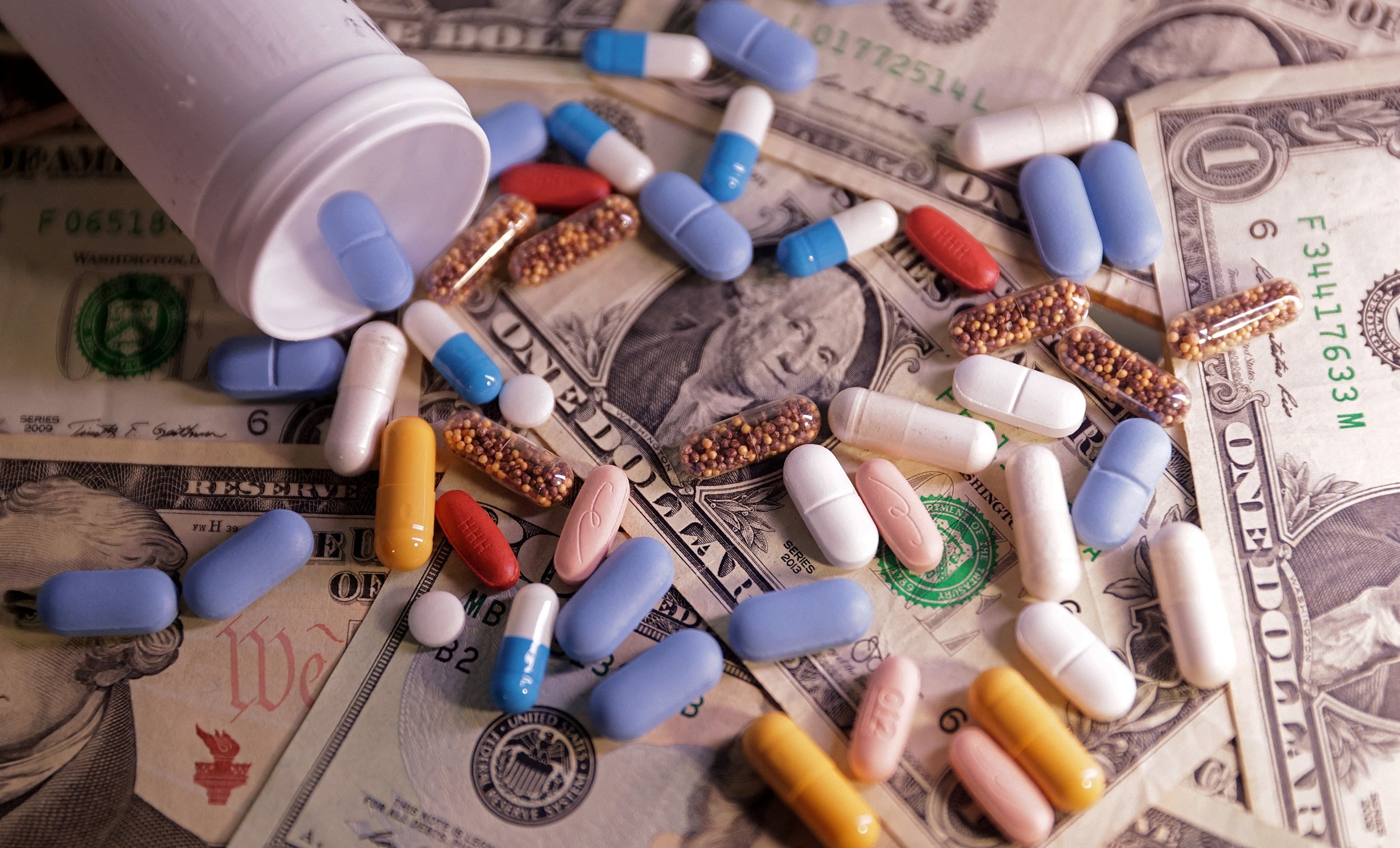In a cabinet meeting on 8/7, US President Donald Trump stated that tariffs on imported pharmaceuticals would be implemented "very soon." "The tariffs will be very high, like 200%," he said.
Since April, the Trump administration has been investigating pharmaceutical imports to assess the possibility of imposing tariffs if the US becomes overly reliant on foreign supply. The investigation is based on Section 232 of the Trade Expansion Act of 1962, the same legislation President Trump cited to investigate and impose tariffs on aluminum, steel, and automobiles.
While the pharmaceutical industry has typically been exempt from trade tariffs due to its essential nature, Trump has repeatedly criticized the industry's "unfair" pricing practices and urged companies to bring production back to the US.
Under this pressure, several foreign pharmaceutical companies, including Novartis, Sanofi, and Roche, as well as domestic companies like Eli Lilly and Johnson & Johnson, have committed to significant investments in the US.
 |
The US began investigating pharmaceutical imports to assess the possibility of imposing tariffs. Photo: Reuters |
The US began investigating pharmaceutical imports to assess the possibility of imposing tariffs. Photo: Reuters
The pharmaceutical industry awaits the final report of the investigation, expected by the end of July. In the meantime, companies are preparing for various scenarios.
A Roche spokesperson said the company is "closely monitoring developments" and working with stakeholders "to promote policies that reduce barriers to access to medicines and build a fairer and more equitable healthcare system." Despite previous warnings that Trump's drug price control executive order could affect US investment, the Swiss pharmaceutical giant stated that current plans remain in place.
The Bayer Group also said it is monitoring tariff announcements and prioritizing the security of its supply chain to "minimize any potential impact."
Meanwhile, Novartis affirmed its continued cooperation with the US government and trade associations, stating that there have been "no changes" to its US investment plans.
President Trump indicated that pharmaceutical tariffs would not take effect immediately. "I'm giving everyone a year, or a year and a half," he said on 8/7.
However, experts warn that even with a postponement, such tariffs could negatively impact drug prices and corporate profit margins. "A 200% tariff would increase production costs, squeeze profits, and disrupt supply chains, leading to drug shortages and higher prices for American consumers," Barclays bank stated on 9/7.
UBS analysts also believe that these tariffs would "severely impact" profits, especially for products manufactured outside the US. Afsaneh Beschloss, founder and CEO of investment firm RockCreek Group, said, "This will be a disaster for everyone. We need these drugs, and it takes a long time for companies to be able to produce them in the US."
According to research by PhRMA, the association representing pharmaceutical companies in the US, a 25% tariff alone could increase US drug prices by nearly 51 billion USD annually, equivalent to 12.9%, if this cost is passed on to consumers. PhRMA called Trump's tariff plan "counterproductive" to health goals.
UBS also believes that a 12-18 month tariff postponement is "insufficient" for companies to relocate their factories to the US. "It typically takes 4 to 5 years to relocate commercial-scale production to a new location," the report stated.
The pharmaceutical industry has lobbied for exemption from the tariff policy. However, this hope is diminishing. Their focus has now shifted to trade agreements.
Last month, a preliminary US-UK trade agreement was announced. It includes a provision for the two sides to negotiate "preferential treatment" for British pharmaceuticals and pharmaceutical ingredients, depending on the results of the Section 232 investigation.
Pharmaceutical companies in Switzerland and the European Union may also benefit from similar exemptions in ongoing trade negotiations. However, if the situation remains unclear, both businesses and consumers will remain concerned.
"The longer the uncertainty lasts, the greater the negative impact," concluded ING chief economist Bert Colijn.
Ha Thu (via CNBC, Reuters)












